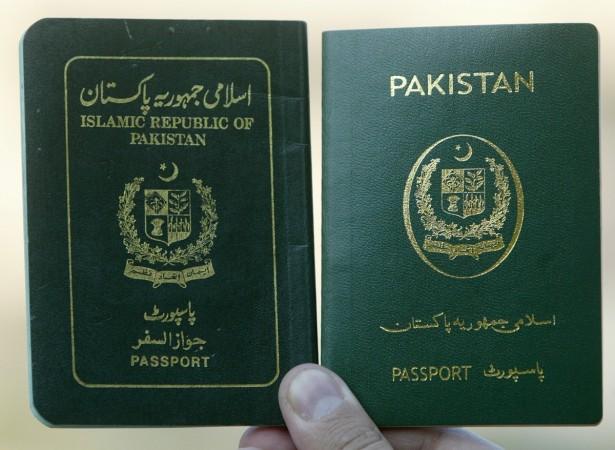
In a move similar to United States President Donald Trump's, Kuwait on Thursday reportedly suspended the issuance of visas to nationals of at least five Muslim-majority countries, including Syria, Iraq, Afghanistan, Pakistan and Iran.
Amid massive protests across the globe, Donald Trump says it is not a Muslim ban
Trump, on last Friday, had issued executive orders imposing a travel ban on nationals from seven Muslim-majority countries. Trump's executive actions on extreme vetting and visa ban applies to migrants, refugees and US legal residents — green-card holders — from Iraq, Iran, Sudan, Somalia, Syria, Libya and Yemen. There is an indefinite ban on the arrival of Syrian refugees. Trump cited "terrorism concerns" as the reason behind the order.
The Kuwaiti government has now followed suit and has asked the future migrants from the five banned nations to not apply for visas. The government also cited possible migration of radical Islamic terrorists as the reason behind the step, IANS quoted Sputnik International reports as saying.
However, Pakistan has denied the reports of visa ban on its nationals. The Pak ambassador in Kuwait Ghulam Dastagir reportedly said that the nation has not placed any visa ban on Pakistani nationals, and the news doing the rounds of social media are baseless.
Kuwait is the only nation in the world which has denied entry to Syrian nationals even before Trump's executive orders. The nation had also issued a suspension of visas for all Syrians in 2011.
In a survey conducted last year by Expat Insider, Kuwait was ranked as one of the worst nations in the world for expatriates, mainly because of its strict cultural laws. Kuwait, as a member of the Gulf Cooperation Council (GCC), has also become embroiled in escalated tensions between the GCC and Iran.
Trump's sweeping refugee ban caused an uproar worldwide with many protesting at major airports in America. The US President's orders against the seven nations has also been termed as the 'Muslim ban' which particularly targets countries with a majority of Muslim population.
Trump's orders for a sweeping ban drew intense backlash over the weekend from many lawmakers of both the parties. Senators John McCain and Lindsey O Graham from Trump's own Republican Party spoke out against Trump's executive orders. The federal judges also ruled against many parts of the controversial order.
McCain and Graham released a joint statement saying although it is the government's responsibility to protect the borders, it must uphold "all that is decent and exceptional about our nation," the Washington Post reported.

















